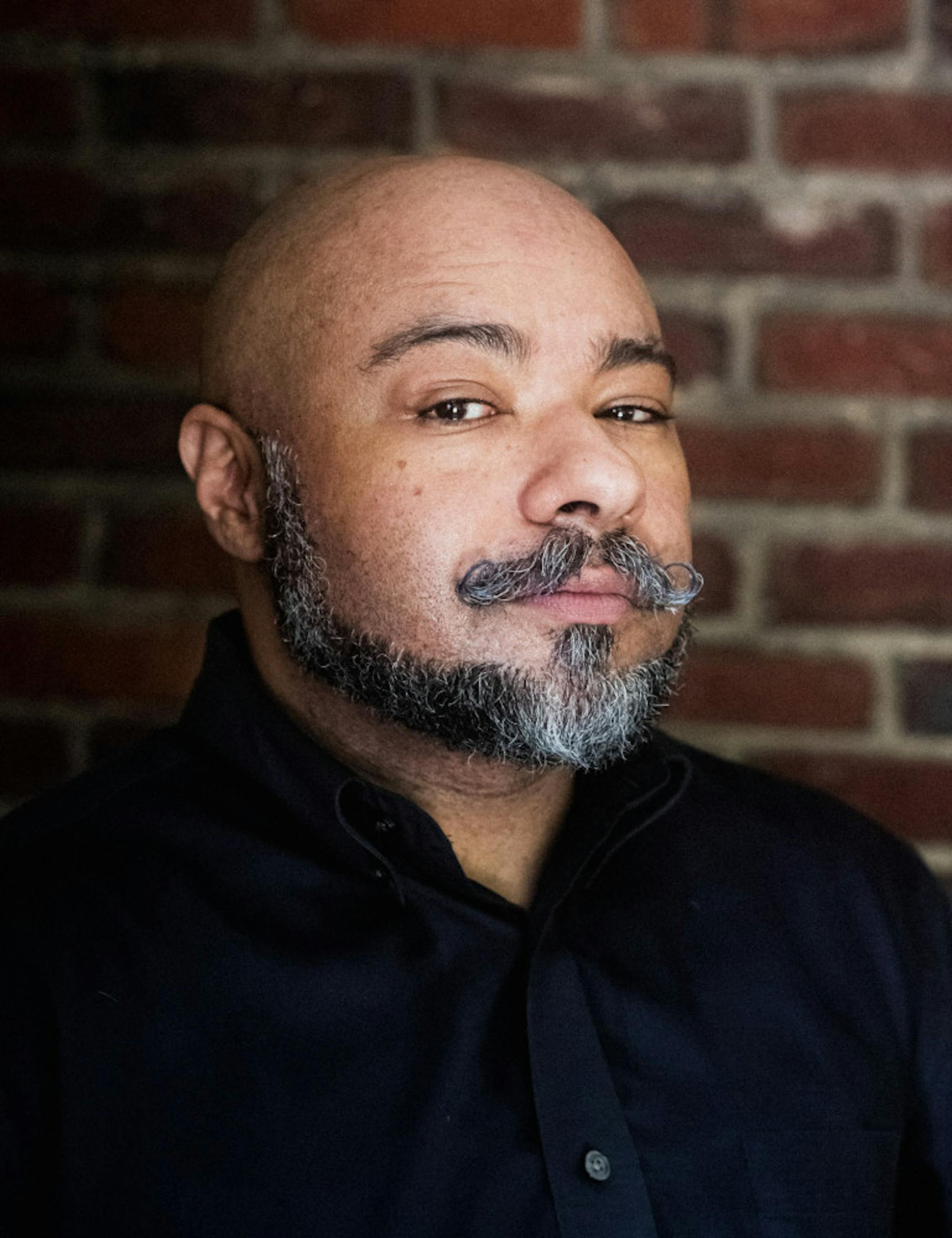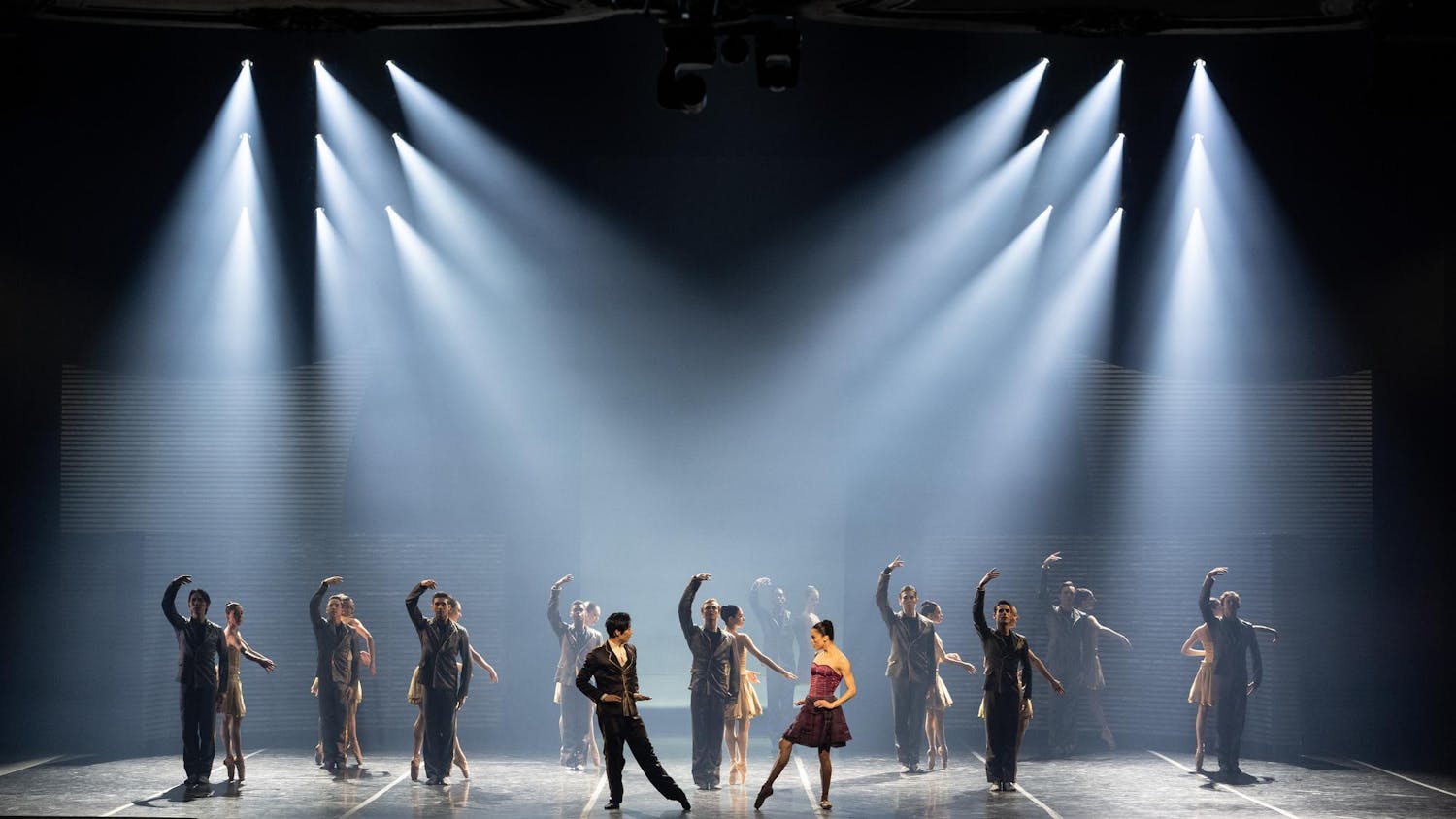The Daily sat down with Professor Stephan Pennington for a second time, focusing on how Pennington’s life led him toward a career in musicology and what inspirations guided his journey.
Pennington’s love for the performing arts began with an interest in theater at a young age.
“I started doing theater when I was 11,” Pennington said. “I saw ‘The Avengers,’ which is this British TV show, and there was this actress in it, Diana Rigg. … She was so amazing, so I started following her career a little bit as an 11 [or] 12-year-old, and she did a lot of Shakespeare. … And I thought, ‘Well, I want to have the kind of training that she had.’ She went to the Royal Academy of Dramatic Art … and I wanted to go there because I thought, ‘She’s really good, and I want that kind of training.’ But the problem is it costs money to go to college, which I did not have.”
Pennington went on to detail how the hurdle of higher education costs led him toward a path in the military to subsidize the cost of college.
“My parents were very working class. I’m a first-generation college student,” Pennington said. “I was like, ‘Okay, well, I don't have money for this,’ but there is a scholarship for American students, and they only take [about] five people a year. So I figured if I got in I’d probably get the scholarship, right? Which is fine, except that you cannot have a job while you study there, so I needed to cover room and board with no money. So I thought, ‘Okay, I will join the army.’”
While in the army, Pennington noted how he scored well on standardized tests despite having a low high school GPA. Still, he would soon find outlets for his passion in the performing arts while working a desk job in the military.
“When I got to Korea, there was no theater, but there was a band. There was an army band called The Soldier Show that you could audition for,” Pennington said. “I was like, ‘Well, I’m not really a singer.’ … But I said, ‘Well, I could act like a singer, right? I can do that.’ And I got in, and I did that tour, and I did that tour twice, actually. And that was really important. That was a big, important moment because I was not out to myself as queer before I joined the army. I figured it out real quick after I joined the army, which was quite inconvenient.”
After identifying with his queerness, Pennington notes that it was an extremely difficult time to be queer in the military. One way in which he could find other queer people was through shared, queer-coded music.
“You have undercover police officers trying to figure out who was queer so they can put them in prison. That sort of thing was a regular occurrence,” Pennington said. “When you’re in theater, you have to do what the director tells you to do, and if you don’t fit whatever type they imagine you should be, you’re not going to get the lead. I was very often the supporting cast for various reasons, dealing with all sorts of cultural biases, but with music, I could just sing what I wanted to sing. Sure, I couldn’t say certain things out loud, but there are a couple of songs in the queer pop playlist that I was singing, and people didn’t know the difference, except the people who needed to know the difference, and they knew. And so there was a way in which I was able to, through music, express parts of myself that I could not express otherwise because it was a very hostile and dangerous environment.”
From there, Pennington noted how former President Bill Clinton’s “don’t ask, don’t tell” policy negatively impacted many of the queer people he knew in the military. Despite the challenges, Pennington left the military accomplished, having worked his way up the ranks while earning medals along the way. His first taste of teaching would come as an English teacher in Germany, and his academic journey would soon begin at Mills College.
Stay tuned — the Daily’s conversation with Pennington will be continued next month.






